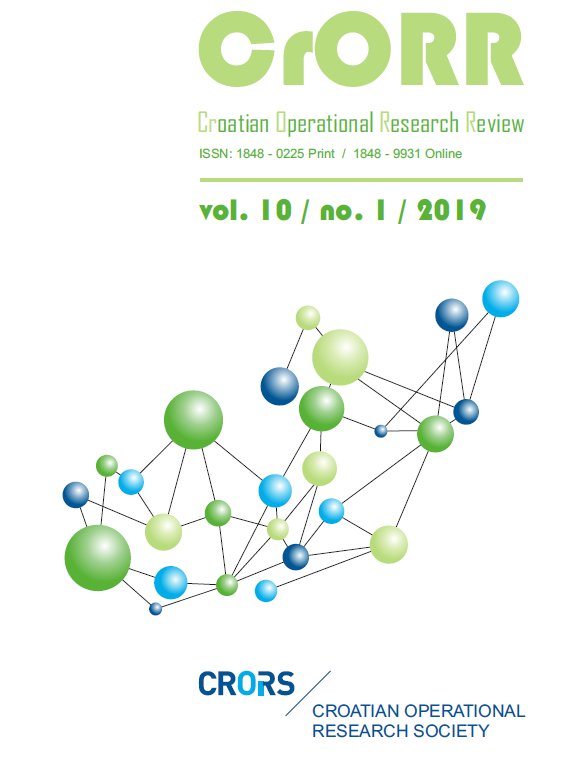Identifying challenges and priorities for developing smart city initiatives and applications
Abstract
The ubiquity of the technology and the availability of (open) data automatically collected in urban environments generate new opportunities, not only in tracking and managing public information services and resources, but also in the way we describe, implement and use these services. Although recent studies have proven that different smart city applications could improve some quality-of-life indicators by as much as 10–30 percent, at the same time it is reported that even the world cities that implement cutting-edge smart technologies are still at the beginning of their journey in a number of aspects. In an effort to identify and explore the challenges, the potential and the priorities for the implementation of smart city applications in a national/local context, a workshop followed by a research survey was conducted. To that end, a suitable research framework related to implementation of over 50 up-to-date smart city applications was adapted, extended and operationalized. The results of the study expose the strategic factors as the most challenging ones in the long-run in the national context of Croatia. In terms of local priorities for introducing smart city applications, the experts agreed on the most important and the least important smart city applications as well as on the potential to introduce these applications within 5 years. For the selection and prioritization of smart city applications in the given context, a proof-of-concept of a decision support tool intended for city managers is then proposed based on simulation modelling.
Downloads
Published
Issue
Section
License
- Authors retain copyright and grant the journal right of first publication with the work simultaneously licensed under a Creative Commons Attribution License that allows others to share the work with an acknowledgement of the work's authorship and initial publication in this journal
- Authors are able to enter into separate, additional contractual arrangements for the non-exclusive distribution of the journal's published version of the work (e.g., post it to an institutional repository or publish it in a book), with an acknowledgement of its initial publication in this journal.
- Authors are permitted and encouraged to post their work online (e.g., in institutional repositories or on their website) prior to and during the submission process, as it can lead to productive exchanges, as well as earlier and greater citation of published work (See The Effect of Open Access).


